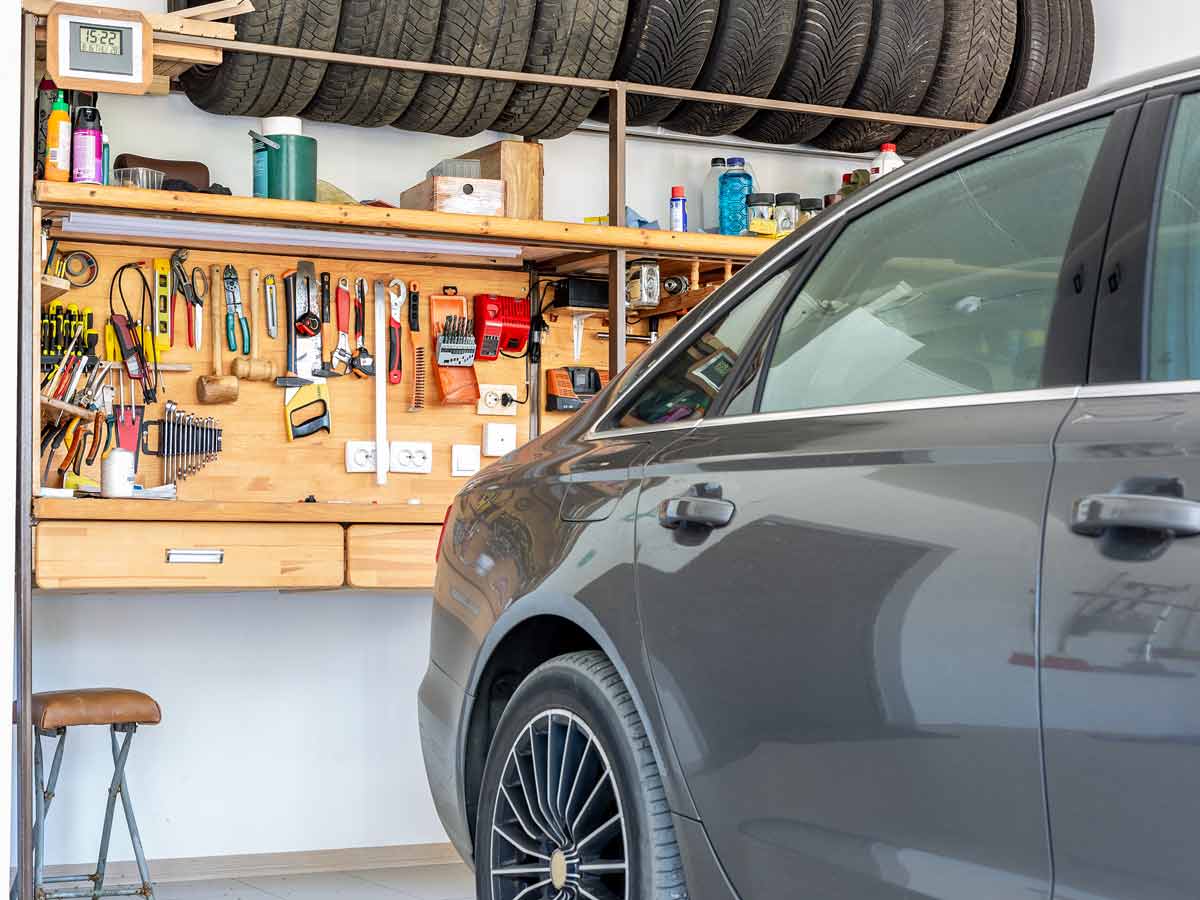Your garage can offer you extra space for storage, but some items need to be protected carefully and others can be hazards. So think carefully before you put just anything in the garage.
1. Important documents and photos
Important documents, artwork, school projects and family photos can be climate-sensitive and potentially be damaged if they are exposed to fluctuating temperatures. And if they’re not protected properly, they can be damaged if your garage floods or if you get vermin or pests in the space.
If you really can’t store these important items inside your home, place them in air-tight storage bins on a shelf in your garage that’s off the ground but still accessible.
2. Food
Storing food in your garage is like announcing a free meal for all the critters and vermin. You may also increase the risk of food going bad by keeping it in the garage. Even if it’s canned or boxed, food in the garage is not ideal. Instead, place excess food in a spare pantry or basement refrigerator.
3. Flammable Material
Avoid storing flammable materials in your garage such as propane tanks and portable gas cans as they might leak and cause a garage fire. If you must store these items in your garage or shed, consider placing them safely in an air-tight container, off the concrete ground, away from fire ignition sources and out of reach of children or pets. You can, however, store a fire extinguisher in your garage if it’s kept in an easily accessible spot and out of harm’s way.
4. Furniture
While the garage is suitable for outdoor patio furniture, it’s not the best place for your indoor furniture. Your upholstered and wooden furniture can potentially be destroyed by pests, vehicle fumes and temperature swings. If you really can’t find spare space in your home for extra furniture, consider renting a climate-controlled storage unit.
5. Fabrics
Fabrics like bedding and clothing can absorb dust and odour and may be vulnerable to mould and mildew buildup. They can also become a new home for pests and insects. If you have run out of closet space and need to store them somewhere, consider keeping them in the basement or attic in a sealed container.
Make a home inventory
It’s a good idea to keep track of everything you own by making a home inventory. At the very least, write a list of the most important items. You can also take photos. Adding up their value can help you make sure everything is covered by your contents insurance. Plus, when you have an inventory, it makes your life a lot easier if you need to make an insurance claim.
For more on this topic:
- Spring cleaning inside and outside the home
- 10 ways to reduce waste at home
- Replacement cost vs. market value: What you need to know
To find out more, call 1-888-476-8737 or visit thepersonal.com/https://ospe.on.ca/wp-content/uploads/2024/10/academy-banner-7.png
This article is being provided by OSPE on behalf of The Personal which has a group sponsorship agreement with regards to home and auto insurance for our members. The Personal refers to The Personal General Insurance Inc. in Quebec and The Personal Insurance Company in all other provinces and territories of Canada. The information and advice in this article are provided for informational purposes only. The Personal shall not be liable for any damages arising from any reliance upon such information or advice. The Personal recommends using caution and consulting an expert for comprehensive, expert advice. Auto Insurance is not available in MB, SK and BC due to government-run plans.





Leave a Comment